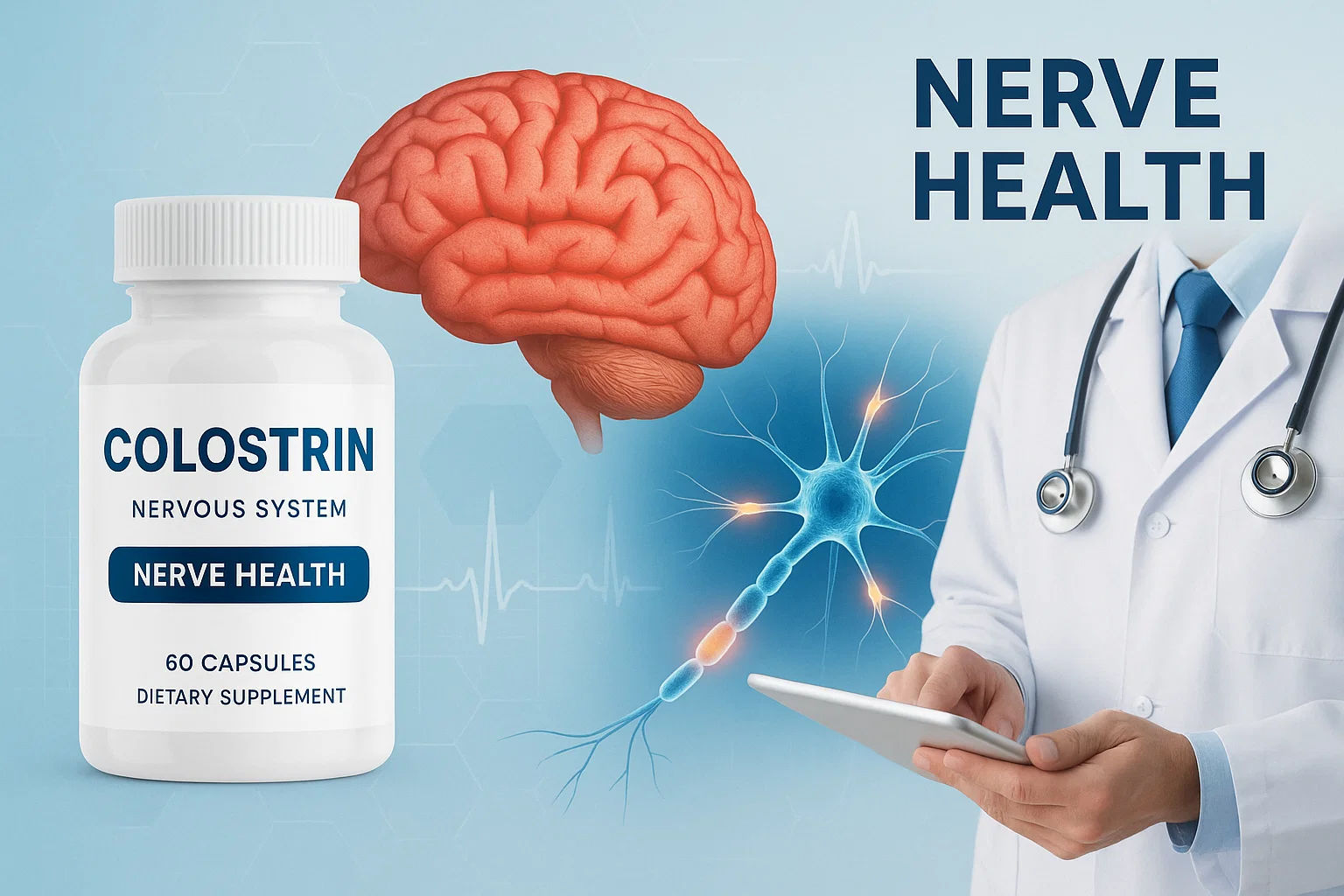When it comes to natural supplements, few are as intriguing — or as easy to mix up — as colostrum and colostrinin. While they both come from the same source (early mammalian milk), they serve very different roles in health and wellness. Let’s break it down clearly, and then zoom in on the most exciting research surrounding colostrinin.
Colostrum: Nature’s First Superfood
Colostrum is the first milk produced by mothers after childbirth, whether in humans or animals like cows. It’s packed with antibodies, immune factors, growth hormones, and nutrients designed to protect and nourish a newborn.
- Common uses in supplements:
Boosting immunity, improving gut health, supporting tissue repair. - OTC availability:
Widely available in health stores and online as powders, capsules, and chewables.
While colostrum itself is valuable, scientists have gone one step further by isolating specific compounds within it, which leads to potential uses in combating neuropathy.
Colostrinin: A Promising Player in Brain and Immune Health
Colostrinin (sometimes called colostronin) is a purified proline-rich polypeptide complex (PRP) extracted from colostrum. Unlike whole colostrum, which supports general health, colostrinin has drawn scientific attention for its unique effects on the brain and immune system.
Promising Research Highlights
- Neuroprotective effects in aging brains
Early studies suggest colostrinin may help protect brain cells from oxidative stress — a key contributor to neurodegenerative diseases like Alzheimer’s. This has led researchers to investigate it as a potential cognitive enhancer for memory and learning. - Modulating immune activity
Colostrinin’s immune-balancing effects may help regulate overactive immune responses. This is especially promising in conditions where the immune system mistakenly attacks the body’s own tissues, such as in some forms of neuropathy or autoimmune diseases. - Anti-aging potential
Preliminary animal and lab studies have suggested colostrinin may delay some markers of cellular aging, possibly offering protective effects at the cellular level. - Safe, natural profile
Because colostrinin is derived from colostrum, it has a long-standing history of safe use. So far, research suggests it has minimal side effects compared to many pharmaceutical options.
Over-the-Counter Availability
Colostrinin is available in some specialized OTC supplements, often labeled for brain health, cognitive function, or healthy aging. Unlike the more common colostrum powders and capsules, colostrinin products are typically marketed as niche, premium brain-support supplements and are easier to find through online retailers or specialty stores.
What’s Next in Colostrinin Research?
While early data is encouraging, colostrinin is still under active investigation. Clinical trials are looking at:
- Alzheimer’s disease and mild cognitive impairment (MCI)
- Parkinson’s disease
- Multiple sclerosis
- Age-related immune decline
Researchers are hopeful that colostrinin’s unique blend of neuroprotective and immune-modulating actions will unlock new strategies for managing these complex conditions.
Studies and Research
Some studies and research on colostrinin (CLN) and its potential effects on neuropathy, neuroprotection, and related mechanisms:
1. Colostrinin’s Neuroprotective & Anti-inflammatory Effects
Findings: CLN reduces oxidative stress and amyloid-beta toxicity, which may be relevant in diabetic and inflammatory neuropathies.
Findings: CLN modulates immune responses, suggesting potential benefits in autoimmune neuropathies like Guillain-Barré or CIDP.
2. Antioxidant & Nerve Protection
Study: Colostrinin reduces oxidative stress and amyloid fibril formation in Alzheimer’s disease
Findings: CLN’s antioxidant effects may protect neurons from oxidative damage, relevant in chemotherapy-induced or diabetic neuropathy.
3. Potential in Diabetic Neuropathy
Findings: Colostrum-derived compounds (not CLN specifically) improved nerve function in diabetic rats, suggesting possible overlap with CLN’s mechanisms.
4. Nerve Regeneration & Repair
Findings: PRP-1 (related to CLN) promotes neurite growth, hinting at nerve repair potential in peripheral neuropathy.
5. Clinical Trials (Alzheimer’s Focus, but Relevant)
Study: A double-blind, placebo-controlled study of Colostrinin in Alzheimer’s disease
Findings: CLN improved cognitive function, suggesting systemic neuroprotective effects that could extend to neuropathy.
Key Takeaways
Most direct colostrinin research focuses on Alzheimer’s, but its anti-inflammatory, antioxidant, and neuroregenerative properties suggest potential in neuropathy.
No large-scale human trials yet specifically for neuropathy, but preclinical and mechanistic studies support further investigation.
Colostrum-based therapies (broader than just CLN) show promise in diabetic and immune-mediated neuropathies.
Alternative Neuropathy Treatments with Stronger Evidence
If you’re exploring options, these have more clinical support:
Alpha-lipoic acid (600 mg/day) – Improves diabetic neuropathy (Ziegler et al., 2006).
Benfotiamine (B1 derivative) – Reduces pain in diabetic neuropathy (Stracke et al., 2008).
Acetyl-L-carnitine – Supports nerve repair (Chiechio et al., 2009}.

